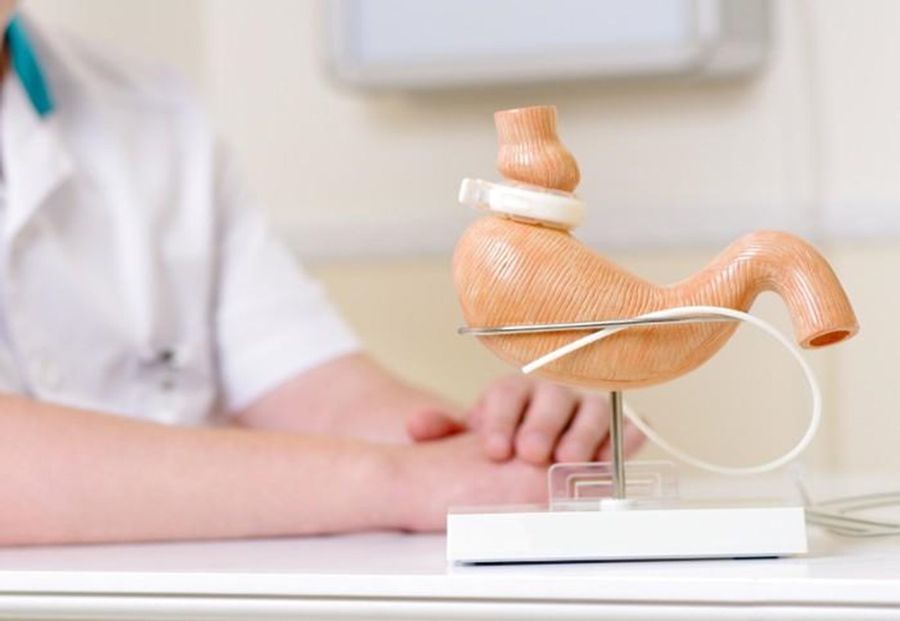Nephrology Overview
Nephrology is a branch of medicine that deals with the diagnosis and treatment of kidney diseases. The kidneys are vital organs that filter waste products from the blood and excrete them in the urine.
There are a variety of kidney diseases, and each one requires different treatment. They can be acute or chronic, and various factors, including infection, injury, genetics, diabetes, high blood pressure, or other conditions, can cause them.
As kidney disease progresses, it can lead to kidney failure.
Common Kidney Diseases
There are many different types of kidney diseases, but some of the more common ones include the following:
Kidney Stones
These are small deposits of minerals that can form in the kidneys when there is an imbalance in the body’s calcium metabolism. Kidney stones can cause severe pain and may require surgery to remove them.
Urinary Tract Infections
These infections occur in any part of the urinary tract, including the bladder, urethra, ureters, or kidneys. Urinary tract infections are typically treated with antibiotics.
Polycystic Kidney Disease
Polycystic kidney disease is a genetic disorder that results in the formation of multiple cysts in the kidneys. These cysts can lead to kidney failure over time. Polycystic kidney disease is the most common genetic disorder affecting the kidneys, affecting about 1 in 400 to 1000 people. There is no cure for polycystic kidney disease, but treatment can help with the symptoms.
Acute Kidney Injury (AKI):
Also known as Acute Kidney Failure, it is a sudden decrease in kidney function that an infection, injury, or exposure to certain toxins can cause. Symptoms include fatigue, nausea, and decreased urine output. When the kidneys fail, dangerous levels of waste and fluids can build up in the body. This can lead to seizures, coma, and even death.
Treatment for acute kidney failure includes aggressive supportive care and dialysis. Acute kidney disease can often be resolved with treatment but can also lead to chronic kidney disease.
Chronic Kidney Disease (CKD)
This is a gradual decline in kidney function caused by diabetes, high blood pressure, or other conditions. Symptoms include fatigue, nausea, decreased urine output, and swelling in the legs and feet. Chronic kidney disease often requires dialysis or a kidney transplant to treat.
Kidney Disease Diagnosis
Several tests measure kidney function, including creatinine levels, serum urea nitrogen levels, and estimated glomerular filtration rate.
A kidney biopsy might also be needed when there is a suspicion of kidney disease.
Kidney Disease Treatment
Renal replacement therapy, or RRT, is the medical treatment for patients with renal failure. This can be done through various methods, including hemodialysis, peritoneal dialysis, and kidney transplant.
What is a Nephrologist?
A Nephrologist (or kidney doctor) is a doctor who specializes in the diagnosis and treatment of kidney diseases and provides treatments that may help slow the progression of kidney damage, prevent further complications, and maintain kidney health.
Nephrologists use a variety of tests to diagnose kidney disease, including blood tests, urine tests, and imaging studies. They also treat kidney disease with medication, dialysis, and kidney transplants.
After medical school, nephrologists must complete three years of residency, a two-year fellowship, and pass the American Board of Internal Medicine certification exam.
When to See a Nephrologist?
Symptoms that may indicate a kidney problem include changes in urine output, blood in the urine, swelling in the ankles or around the eyes, chronic urinary tract infections, and persistent pain in the back or side.
Your doctor might also refer you to a Nephrologist if:
- You recently experienced any trauma to the kidneys, such as an accident or injury
- You have been prescribed medications that may be harmful to your kidneys
- Your urine tests have revealed high levels of certain substances, such as proteins or electrolytes
If you are experiencing any of the symptoms listed above, please do not hesitate to call Putnam County Hospital. Our nephrologists are here to help and can provide a diagnosis and treatment plan for you. For more information about our services or to make an appointment, please visit our website or call us at (765) 301-7300.








